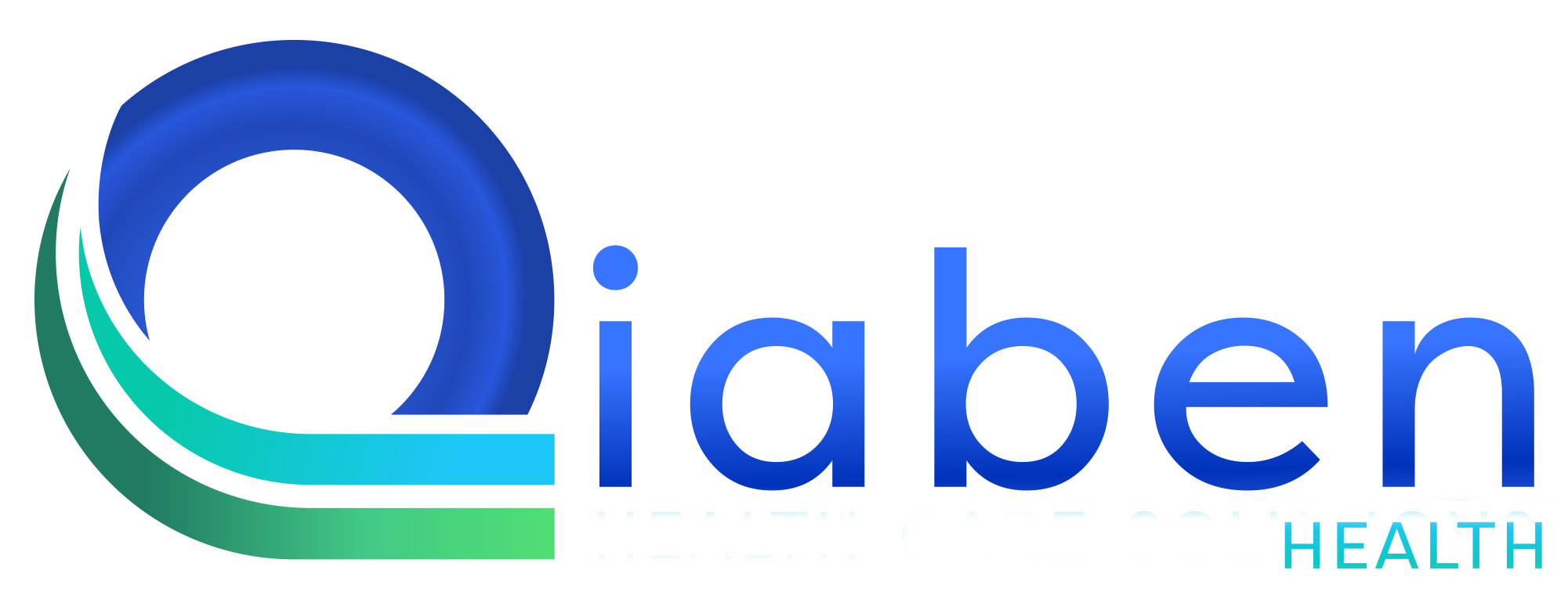In the intricate world of healthcare management, effective medical billing stands as a cornerstone for the financial well-being of your practice. By refining your billing procedures, you not only streamline operations but also elevate revenue generation while enhancing overall patient satisfaction. Here’s an in-depth guide to help you navigate the complexities of medical billing optimization:
Understanding Medical Billing
Before diving into optimization strategies, it’s vital to grasp the basics of medical billing. Medical billing encompasses the process of submitting and tracking claims with health insurance companies to obtain payment for services provided by healthcare providers.
Key Components of Medical Billing:
- Patient Information: Accurate patient demographics and insurance details are crucial for billing accuracy.
- CPT Codes: Current Procedural Terminology (CPT) codes describe medical procedures and services rendered to patients.
- ICD Codes: International Classification of Diseases (ICD) codes accurately report diagnoses and medical conditions.
- Insurance Verification: Verifying patients’ insurance coverage and eligibility helps prevent claim denials and delays.
- Claim Submission: Submitting claims electronically or via paper to insurance companies for reimbursement.
- Claim Adjudication: The process where insurance companies review and determine the eligibility of claims for payment.
- Denial Management: Handling and appealing denied claims to ensure maximum reimbursement.
Optimization Strategies
Now, let’s explore effective strategies to optimize your medical billing processes:
-
Implement Electronic Health Records (EHR) Systems: Transitioning to electronic health records streamlines documentation, reduces errors, and enhances billing accuracy. EHR systems integrate billing functionalities, facilitating seamless claim submission and tracking.
-
Train Staff on Billing Procedures: Ensure your staff receives comprehensive training on medical billing procedures, including coding, claim submission, and denial management. Investing in ongoing education helps maintain compliance and efficiency.
-
Conduct Regular Audits: Regular audits of your billing processes and documentation can identify errors, inefficiencies, and areas for improvement. Addressing issues promptly minimizes billing discrepancies and enhances revenue capture.
-
Utilize Practice Management Software: Implementing practice management software automates billing tasks, such as appointment scheduling, patient registration, and claims processing. Choose a software solution tailored to your practice’s specific needs and workflows.
-
Stay Updated on Coding Changes: Keep abreast of changes to CPT and ICD codes to ensure accurate coding and billing. Regularly update your coding practices to reflect the latest industry standards and guidelines.
-
Streamline Insurance Verification: Optimize insurance verification processes by leveraging technology and outsourcing services. Verify patient insurance coverage in advance to avoid claim denials and delays.
-
Outsource Billing Services: Consider outsourcing medical billing to specialized billing companies or professionals. Outsourcing can alleviate administrative burdens, reduce costs, and improve billing efficiency.
Conclusion
Optimizing medical billing for your practice is paramount for financial success and patient satisfaction. By implementing efficient processes, leveraging technology, and staying informed about industry changes, you can streamline billing operations and maximize revenue. Remember, continuous evaluation and improvement are key to long-term success in medical billing optimization.






